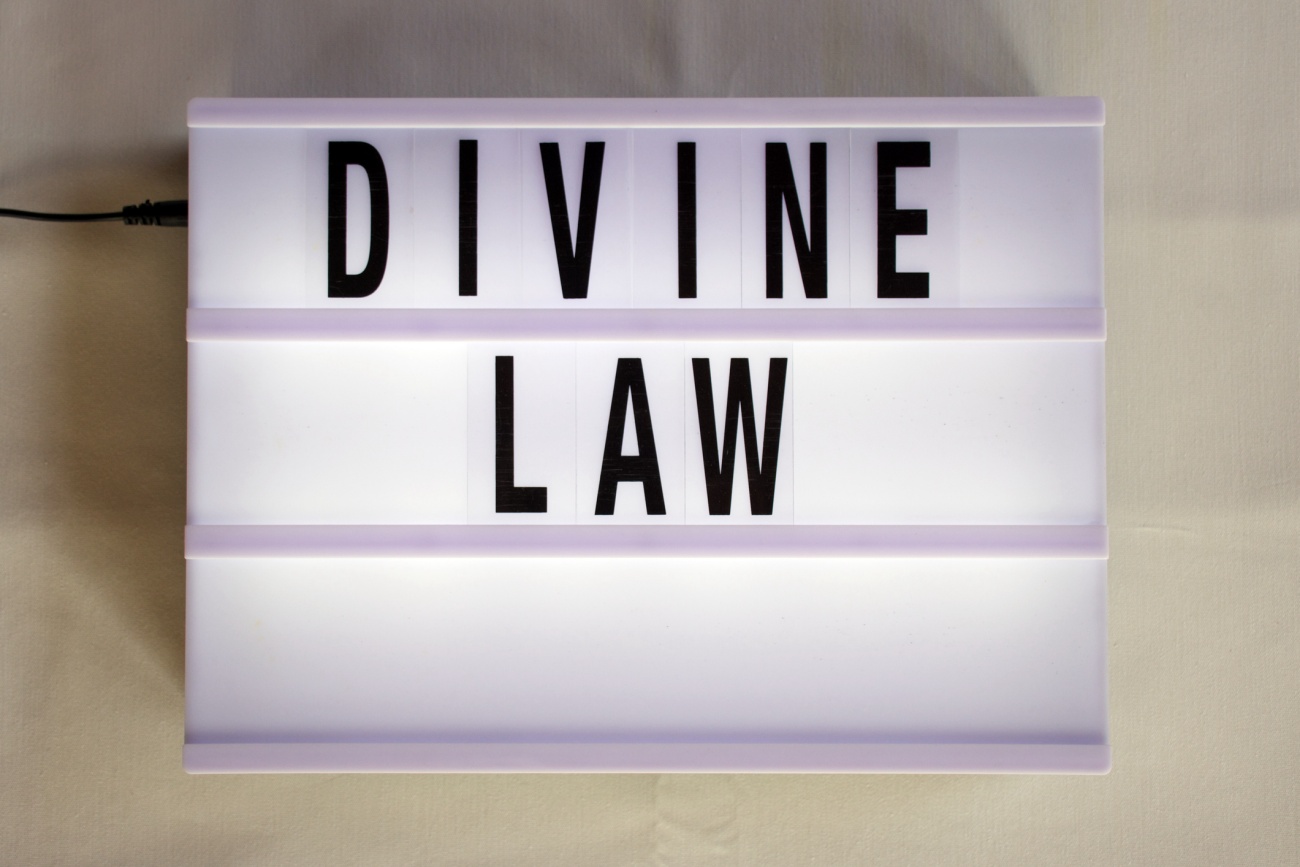Just War Theory and Theology
Our challenge as Christians is governed by our commitment in faith to the Law of God.
The question of what makes a war, any war, just or unjust, and the theory for determining the difference has been taught and promoted by the church since the time of St. Augustine. The reality is that following the very difficult processes to determine whether a war is just or not, is as difficult as the challenge for we Christians to actually and habitually practice what we preach, that is, the Gospel message in our daily lives. In principle, these things ought to be considered long before the prospect of war comes into play. Just War Theory has as much to do with preventing war as it has to do with matters of how to conduct ourselves once war has begun.

When emotions outweigh reason, the ability to do the necessary hard work of moral judgment is either abandoned or is not even taken into consideration. This is so not just because it is hard, but because it requires moral responsibility from the personal to the national and international levels. Just War Theory contradicts the older, more primitive, “eye for an eye” approach to resolving conflicts. Vengeance, retribution, etc. are not principles of justice in practical law or the Law of God. To determine the justness or injustice of a particular war, three principles must be considered: What is the object? What is the intent? and What are the circumstances or methods that are to be used?

For a war to be judged just, or morally good, all three elements/principles, that is, the action, the intent, and the circumstances, must be oriented to the moral good in their ends, and more importantly, in the means chosen to be used. It is all too common in this present relativistic age to hear people argue that, “The end justifies the means.” For Christians this is heresy. Both the means and the ends must be just and morally good. Therefore, for a war to be judged “just”, all three principles, that is, its object, its intention, and its circumstances/methods/means must be lawful and morally good, not intrinsically evil.
For its intentions to be morally good, they have to be oriented toward the common good, not just the common good of an individual nation, but the common good of the world. This is particularly true today precisely because no nation is hermetically sealed but rather, its order and its prosperity is bound up inseparably with other nations. For example, the circumstances/methods cannot violate a moral law. Non-combatants, including women, children, and the elderly must always be protected from harm. The means used must be proportionate to the ends desired. And must not bring greater harm to the community than the harm they were intended to remedy.

Our challenge as Christians is governed by our commitment in faith to the Law of God. Someone once joked of the Ten Commandments, quite correctly, “They’re called the Ten Commandments, not the Ten Suggestions.” We must not only be able to recite the law, we must live it to the best of our ability with God’s grace. Our proper end is to live faithfully in accord with this law so that we might enter the kingdom of God. Our choices to do so are the means through which we are to achieve that end. We have the whole of the New Testament and the words of Jesus Christ, the Word of God, to guide us. Jesus put the heart back into the law saying to his Apostles at the Last Supper, “A new commandment I give you: Love one another. As I have loved you, so you must love one another” (John 13: 34).
This is simply a reflection on a topic that all Christians are called on to consider. The very essence of Just War Theory is rooted in God’s love for all of humanity. Since we are all a part of humanity, it is a proper matter for our thoughtful consideration and practice both in our daily lives and our lives as citizens.
SKM: below-content placeholderWhizzco for FHB

